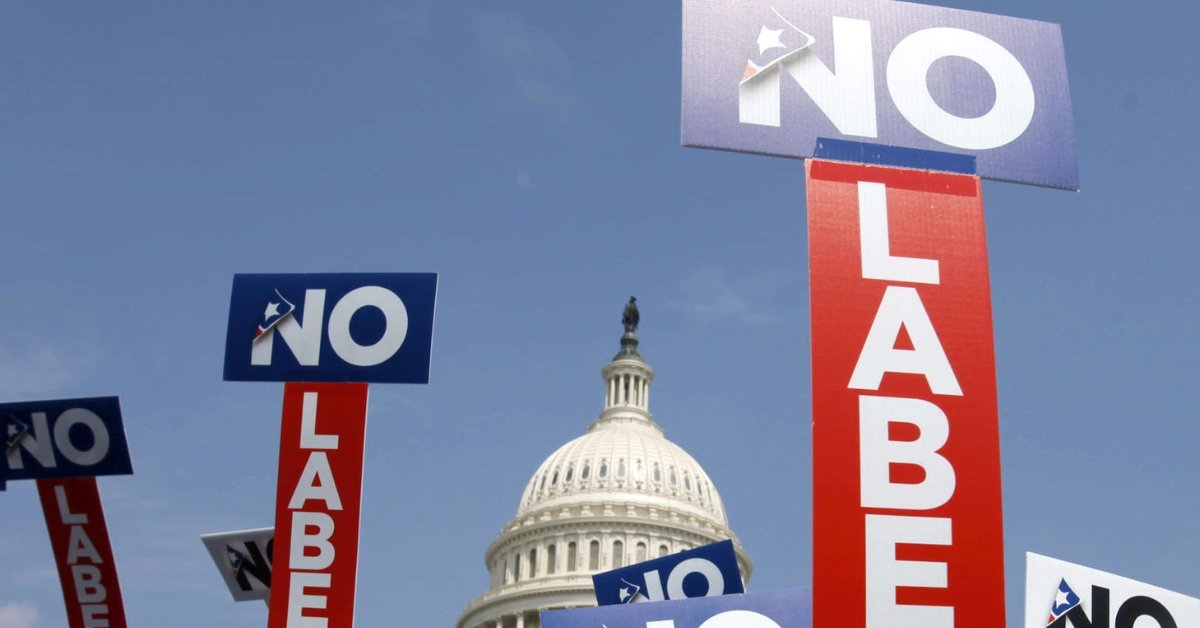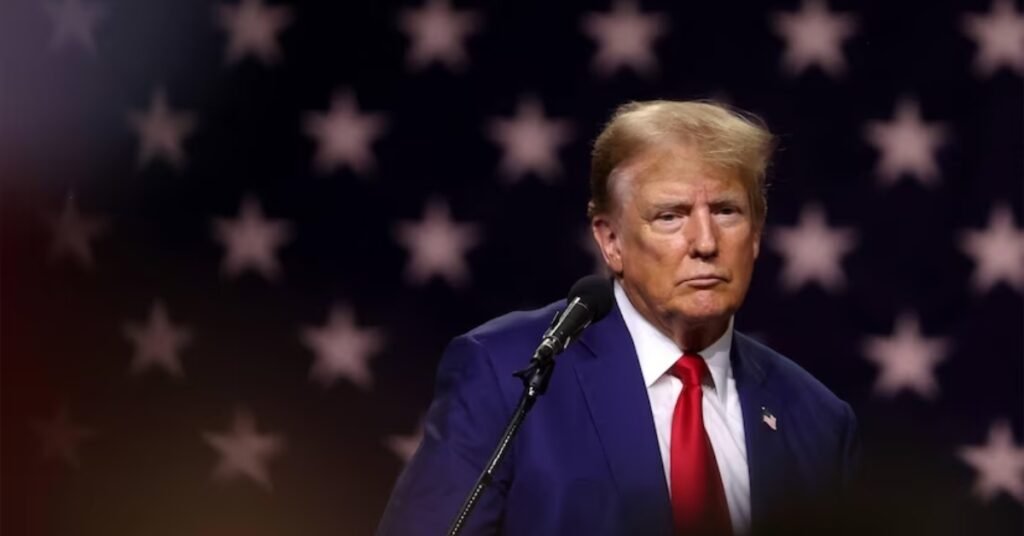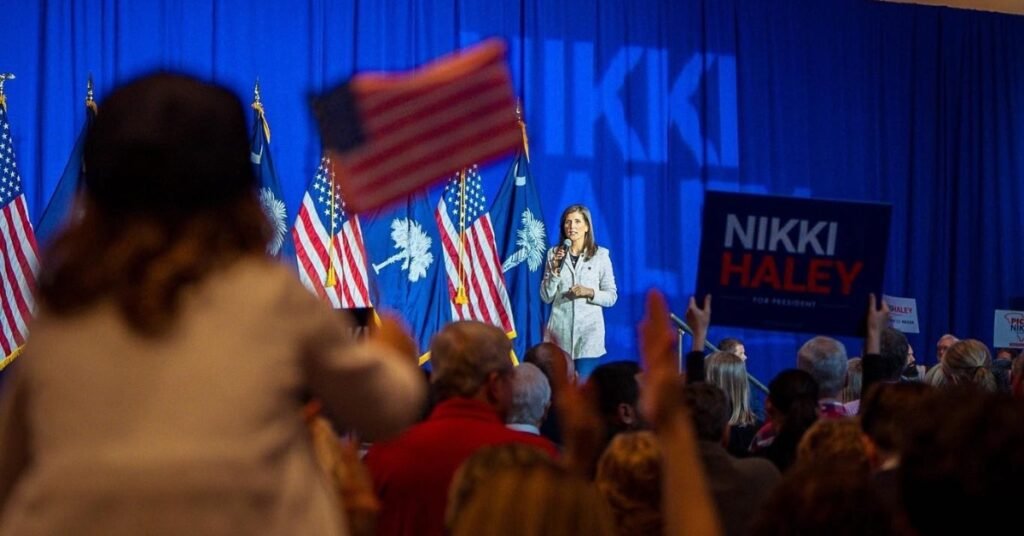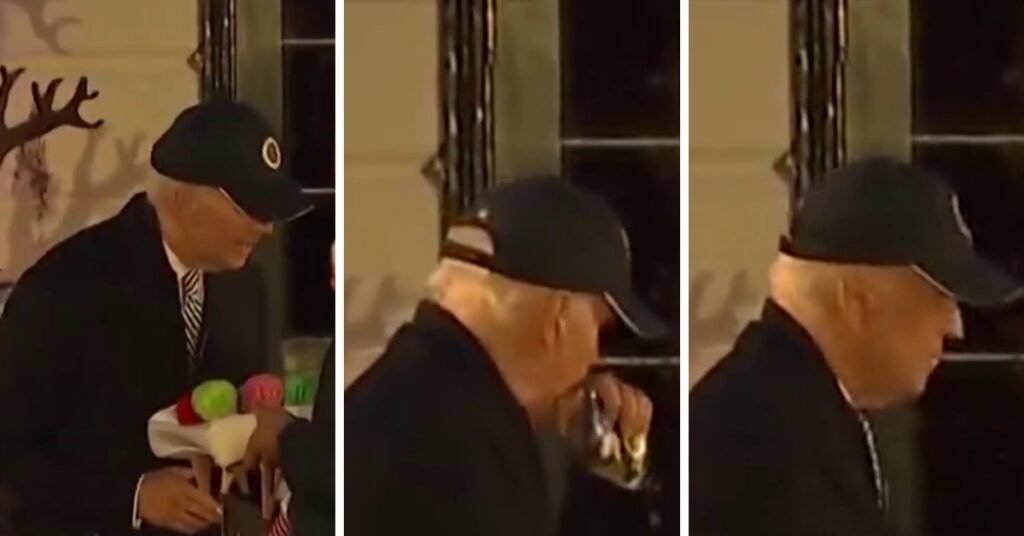No Labels, a new political party in Arizona, sparks Democratic concerns ahead of the elections. Its growing influence could reshape the presidential race.
Table of Contents
Arizona’s New Political Party: A Potential Game-Changer?
In a surprising turn of events, over 15,000 Arizonians have registered with the newly formed political party, No Labels, which is considering a bipartisan “unity ticket” against Joe Biden and Donald Trump. Although this number is smaller than the population of any of the state’s 40 largest cities, its potential impact on the presidential election must be considered, especially in a pivotal swing state like Arizona.
Democrats on Edge
The emergence of the No Labels group has heightened Democratic concerns about Trump’s chances, especially when the current president, Joe Biden, is under scrutiny regarding his age and track record. Despite not confirming any presidential or vice-presidential candidates, No Labels has successfully secured ballot access in 11 states, including Arizona. The group’s organizers are optimistic about expanding their reach to 20 states by year-end and targeting all 50 states by Election Day.
Rodd McLeod, a Democratic strategist in Arizona, voiced concerns, stating, “If they have someone on the ballot who aims to unite the country, it is evident that it will divert votes from Joe Biden but not from Donald Trump.”
The Battle in Arizona
In the 2020 elections, Biden secured Arizona with a slim margin of approximately 10,000 votes. The state’s Democratic Party, in an attempt to curb No Labels’ influence, filed a lawsuit against Secretary of State Adrian Fontes. However, the lawsuit was unsuccessful and was subsequently dropped. The current focus is on urging Fontes to compel No Labels to reveal its donors amidst speculations that the group might be backed by conservatives aiming to undermine Biden.
Historical Context and Future Implications
Historically, no third-party candidate has ever clinched the presidency. Ross Perot’s 1992 campaign is a notable example, where he did not secure any electoral votes but was perceived as a spoiler for then-President George H.W. Bush. Similarly, Democrats attribute Jill Stein’s candidacy in 2016 as a factor in Hillary Clinton’s loss.
Matt Bennett, executive vice president of the center-left group Third Way, emphasized the need to dissuade involvement with No Labels, warning potential candidates of becoming the next “Jill Stein 2.0.”
However, supporters of No Labels argue that the current political climate is distinct from previous years. Benjamin Chavis, formerly with the NAACP and now associated with No Labels, remarked, “These are unprecedented times. Many Americans are voicing their concerns and aspirations for more choices.”
Demographics and Decisions
Recent data reveals that No Labels party members are predominantly young, with over half under 35. The party’s decision to run candidates will be determined after the Super Tuesday primaries in March. While the selection process for the candidate remains undisclosed, No Labels has connections with moderates from both major parties.
Ryan Clancy, the chief strategist for No Labels, clarified that their decision would not be swayed by any head-to-head polling against Trump and Biden. He emphasized that many voters might be familiar with the No Labels candidate once a full-fledged campaign is launched.
In conclusion, while the path for No Labels remains uncertain, its potential influence on the upcoming elections is undeniable. As Clancy aptly said, “This is something we are still working through.”
Get our best stuff sent straight to you! Join our WhatsApp Channel.






